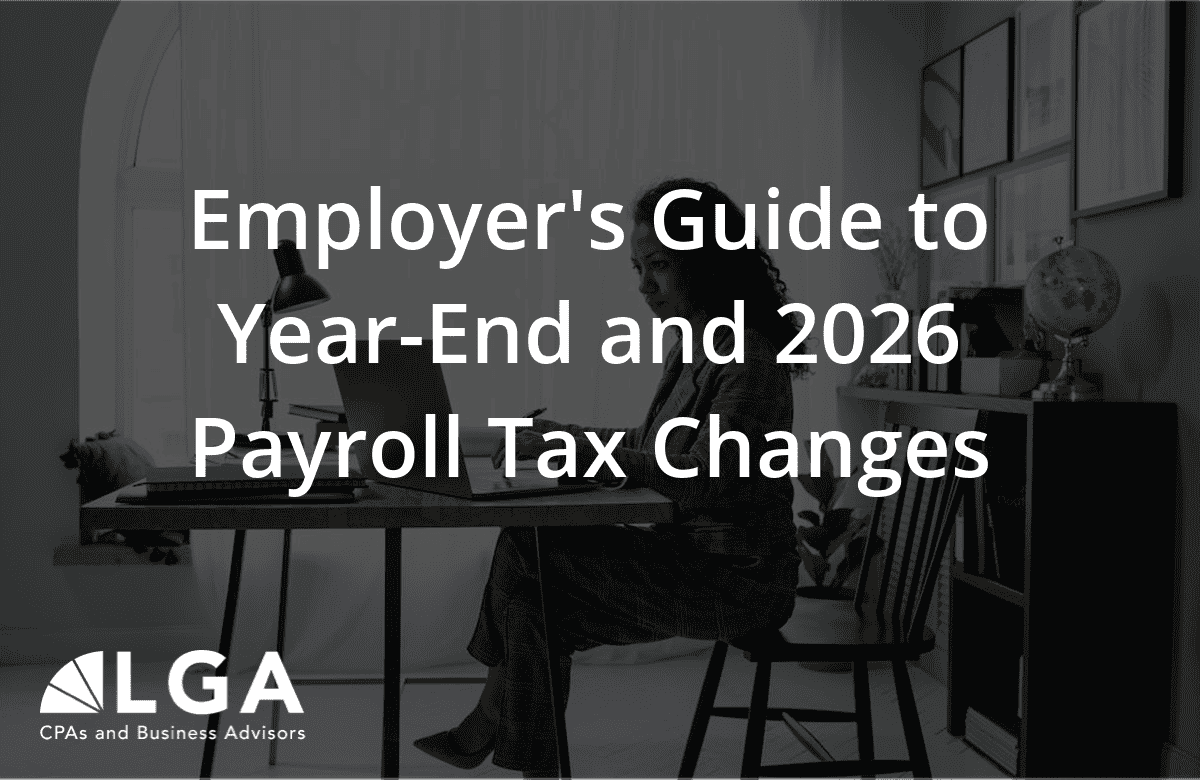
If you need a comprehensive physical health assessment, your doctors could run a battery of diagnostic tests and gather a mountain of data to analyze. You may not be able to decipher any meaning from all the scans and test results. However, to experienced doctors, that data tells a detailed story about your past, present, and likely future health.
Likewise, every data point in your financial statements can tell you something useful about the health of your business. Financial statements (including your balance sheet, income statement and cash flow statement) are some of the most valuable resources a small business has. They are tools that can help you see the 360-degree view of your business’s current financial state and confidently make decisions about its future that are based on real numbers rather than guesswork.
Every business is unique, with its own path, goals, and set of financial statements. Your statements must include complete, accurate, and timely information to be useful and reliable. Once complete, if you want to know what your statements tell you about your business, there is no substitute for speaking to your accounting team and business advisors. They can be relied on for experienced analysis and interpretation of the data.
Five Questions Your Financial Statements Can Help You Answer
1. How does your performance compare to your internal goals and external competition? Reviewing your financial statements routinely (at least quarterly, but ideally even more often) lets you track how key performance indicators (KPIs) are trending and assess other goal metrics vital to you and/or any other stakeholders. Analyzing your statements closely and frequently will help you update existing financial goals and set new goals for your organization.
Your financial statements may also tell you a great deal about how your business is performing relative to your competition. You and your advisors can pull data from your statements to compare your financial performance to industry benchmarks and strategize about ways to capitalize on your strengths and opportunities.
2. Where can you cut back, and where can you afford to grow? Studying the way that money is moving through your business may illuminate places where you are overspending compared to the returns you are seeing. Conversely, you might identify areas where you can afford to invest additional resources to improve your infrastructure or expand your services.
3. Are there any red flags you need to act on? There are many red flags that could be found in a business’s financial statements. Some could be indicators of fraudulent activities or simple human errors. Others could be warning signs that the business is in danger, like rising debts and declining profits. Combing through inventory, accounts receivable, payroll, and other expenses may reveal irregular transactions or troubling data that warrant a deeper look. Financial ratios and revenues that are trending in the wrong direction should also be investigated for cause and subsequent correction.
4. What kind of impact have recent business decisions had on your real numbers? If you have recently downsized your staff, introduced a new service line, shortened your hours, raised your rates, or made any other changes in the way you operate, your financial statements will help you evaluate the impact of those changes. They can provide tremendously useful information as you strategize about your next moves.
5. What kind of options might you have if you needed to raise capital? Looking at financial statements through an investor’s lens can help you honestly appraise your business’s prospects as a potential investment. Even if you are not looking to raise capital now, getting an idea of your business’s overall value to outsiders may be helpful. Thoughtful analysis can answer questions like, where are your greatest strengths or potential weaknesses? What type of lenders/investors might be interested in creating relationships with you? What might those options look like if you wanted or needed to sell your business suddenly?
Are you getting the most from your financial statements?
LGA’s Outsourced Managed Accounting team is here to take accounting challenges off your plate in whatever way is most helpful to your business. Want to pull every bit of useful information out of your financial statements? That starts with accurate bookkeeping so you can trust the numbers you are seeing. Your business may also benefit from tailored accounting support to establish company specific KPIs and budgets to benchmark your financial performance over time. Contact me today with any questions!
by Karen Barnard, CPA, Senior Manager, Outsourced Management Accounting






